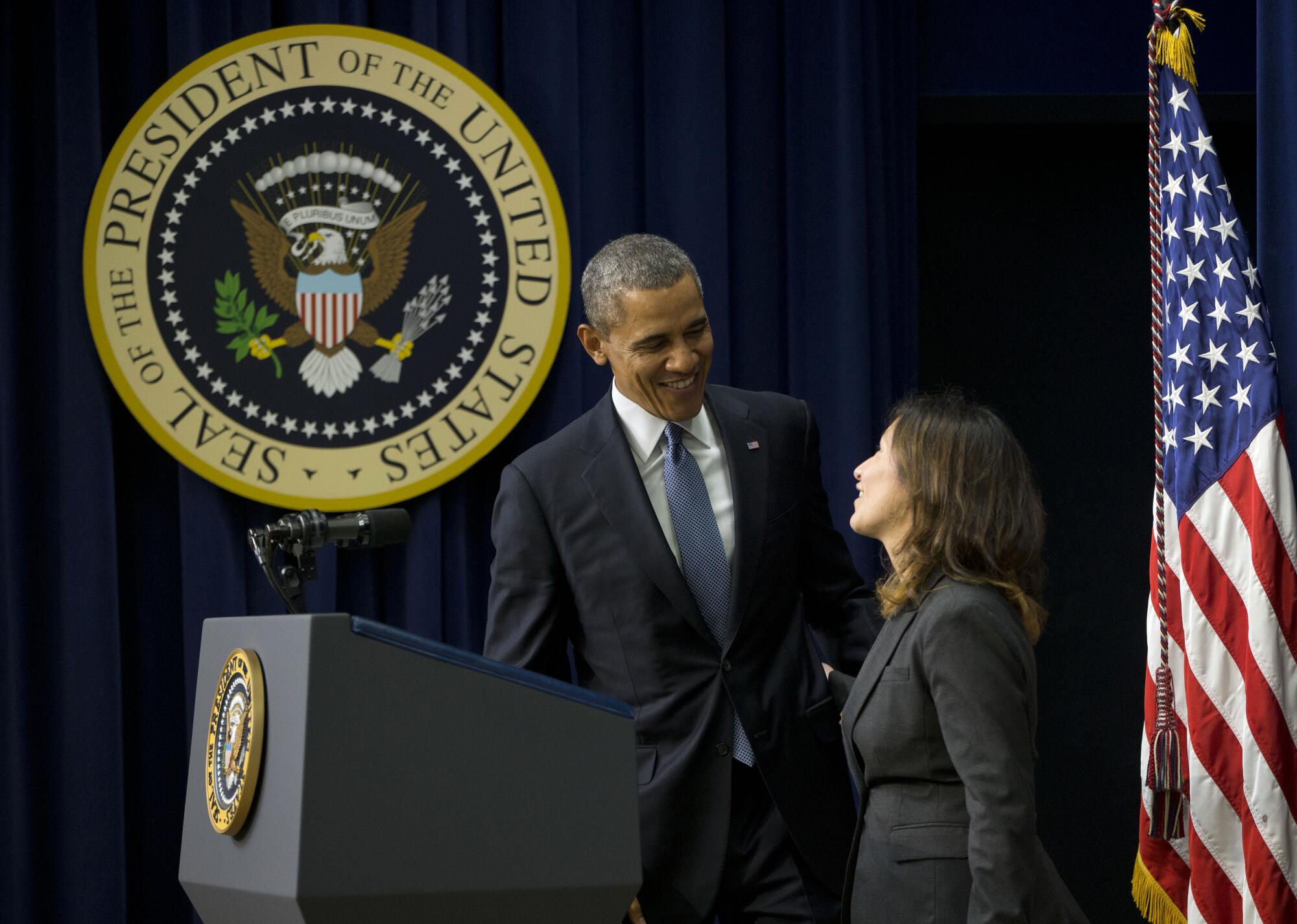HONG KONG: Travellers leaving Hong Kong will soon enjoy a quicker departure, as they will be able to keep small amounts of liquids and electronic devices in their carry-on luggage while passing through airport security.
A revamp of the security system will introduce 50 new smart screening channels and 32 full-body scanners progressively over the next two years, according to a statement by the Hong Kong International Airport (HKIA) on its website on Wednesday (June 26).
The first four screening channels will be installed at the north and south department halls in HKIA Terminal 1 on July 2.
The HK$800 million (S$139 million) upgrade will make HKIA the world’s first airport to fully adopt a smart screening system, Airport Authority Hong Kong’s executive director of airport operations, Steven Yiu, was quoted as saying by the South China Morning Post (SCMP).
“We hope 98 per cent of passengers will complete the security screening process within 4½ minutes,” he said.
The upgrade aims to boost the airport’s departure screening capacity by 20 per cent to about 10,000 passengers an hour.
There are currently 35 security lanes in the airport’s departure halls, with each handling 240 passengers an hour.
The revamp will cut the number of lanes to 28, with each processing an increased number of 360 people an hour, SCMP reported.
As part of the upgrading, CT X-ray machines will replace existing scanners for carry-on baggage, reducing scanning time from 15 seconds to 10.
Although passengers will no longer be required to remove liquids and electronic devices from their luggage, liquids more than 100ml in volume will still be prohibited.
“The reason for taking out the laptop computers from the carry-on luggage during current security checks is that they block other items under the existing two-dimensional X-ray scanning images,” said Yiu.
“The new system allows security personnel to have a three-dimensional view to analyse the internal structure of the luggage from different angles, allowing easier identification of potential contraband.”
Full-body scanners will replace manual checks for passengers who set off metal detector alarms.
The scanners will visually indicate where items are placed on the body, which will be depicted by a generic human form in the scan to protect the privacy of the traveller.
“With the new system, three passengers can simultaneously prepare for the screening process,” Yiu added.
About 3,100 workers have been trained to operate the new system, said Jacob Cheung, executive director of Aviation Security Company, which operates the airport’s security services.
Cheung said the system will allow flexible scheduling of manpower.
“With the introduction of new technology, we expect that during non-peak hours, manpower utilisation can be reduced by a quarter,” he said. – The Straits Times/ANN
